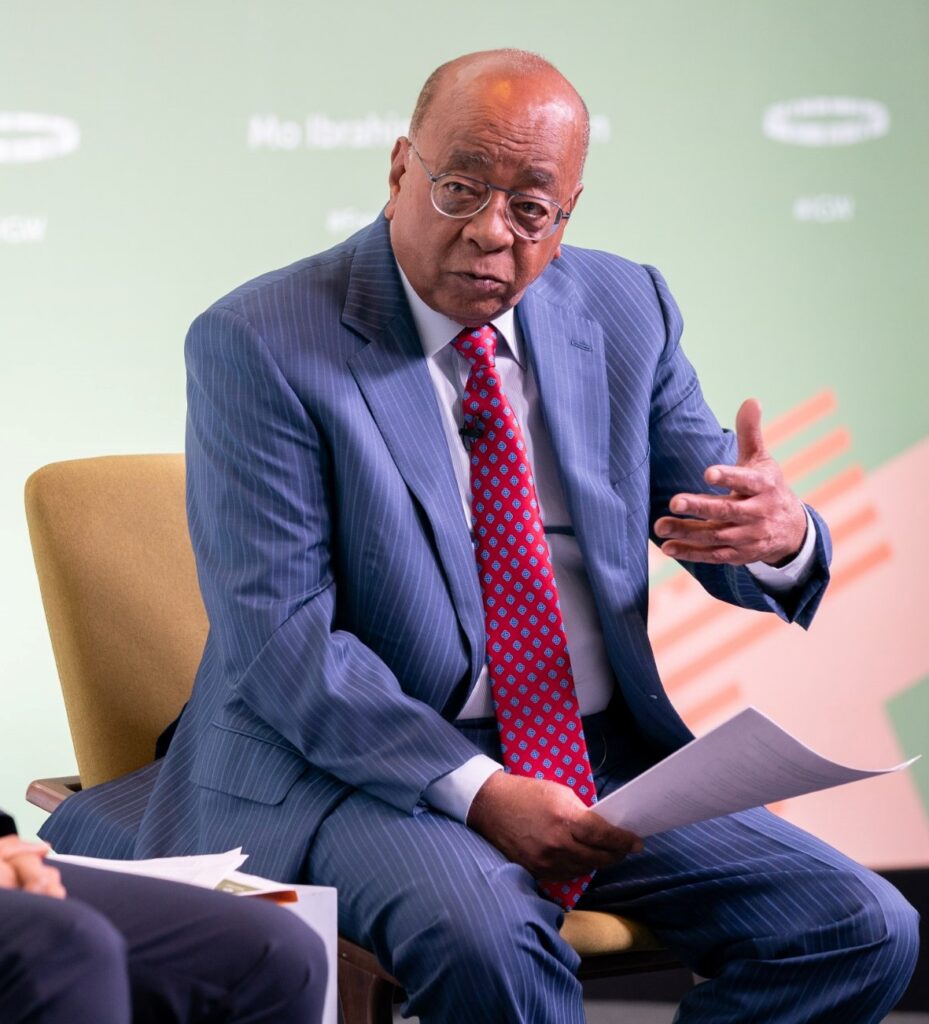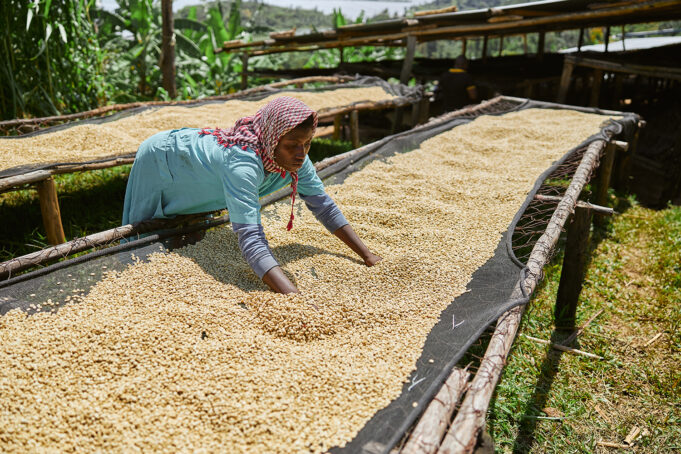After African Union officials recently met in Sochi with Russian President Vladimir Putin, Newsweek magazine blamed Russia for selling “starving African nations” stolen Ukrainian grain. Then U.S. Secretary of State Antony Blinken, according to Fortune magazine, charged Putin with “stopping food from being shipped and aggressively using his propaganda machine to deflect or distort … because he hopes it’ll get the world to give in to him and end sanctions.”

African Union officials saw things a little differently. Anti-Russia sanctions are making Africa’s problems with food security worse, said AU chairperson Macky Sall, who is also president of Senegal, following the June 3 meeting with Putin.
Before the meeting with Putin, during a session with Sudanese billionaire philanthropist Mo Ibrahim at the Ibrahim Governance Forum, Sall said, there would be “disastrous consequences” if the current situation endures.
Attending the meeting with the Russian leader were AU chair Sall and African Union Commission head Moussa Faki Mahamat. They discussed “measures which could alleviate the escalating problems related to the food and agricultural inputs, and to find some strategic solutions within the context of Russia-African relations,” reported eurasiareview.com
During the discussions, Sall complained: “Anti-Russia sanctions have made this situation worse and now we do not have access to grain from Russia, primarily wheat. And, most importantly, we do not have access to fertilizer. The situation was bad and now it has become worse, creating a threat to food security in Africa.”
Kester Kenn Klomegah, policy consultant for eurasiareview.com, said, “with the economic consequences of the Russia-Ukraine crisis, it is another signal for African leaders to rethink about designing import substitution policies. Beyond all that, it seems Africans have no other way to reverse their addiction for food imports that take a significant part of their budgets, despite the huge arable land. Food deficits are occurring with the potential for causing famine especially in the Sahel and Horn of Africa regions.”

According to Dar es Salaam based economic analyst Gabriel Mwang’onda, “This might be a blessing in disguise.” “Why? Because in times such as this one is when you realize it’s very important to a nation to become self-sufficient, because here food is a security,” argued Mwang’onda, who appeared on CGTN Africa, the African division of the China Global Television Network, based in Tanzania.
As we’re doing this interview, “the cost of living in Africa keeps on increasing,” Mwang’onda noted. “Simply because we depend too much on importation of grain produced in Russia and Ukraine, especially wheat.”
Not only did Mwang’onda encourage Russia and Ukraine to come together and solve their “differences,” so as to put a stop to Africa’s dwindling grain and fertilizer supplies, he also said this is a wakeup call for the continent to use “arable land” to feed herself.
“Isn’t the rational thing to do is focus on the things that we can grow?” the interviewer asked Mwang’onda. “Sixty percent of the arable land is right here in Africa. Whatever the Europeans want to do, have wars on their territory, shouldn’t we be focused on growing crops so we can actually meet the demand here? So we can stop being a net importer and become a net food exporter?”
“You are right,” replied Mwang’onda. “The demand for wheat in Africa is growing at a very fast pace.” He added that “urbanization in Africa is growing and population is growing and wheat is mostly consumed in urban areas.”
He noted, “Russia combined with Ukraine … is not weather friendly to cultivate wheat. But it is a food basket of the world. It feeds the whole world with wheat.”
“The country of Tanzania has arable land the size of the whole of Ukraine. It can cultivate wheat,” Mwang’onda declared.
Currently Russia and Ukraine produce around 30 percent of the world’s wheat and barley, one-fifth of its maize, and over half of its sunflower oil, according to the UN Conference on Trade and Development. Wheat imports make up 90 percent of the $4 billion Russian imports to African countries, according to the Agricultural Business Chamber of South Africa.
On the fertilizer front, Nigeria has a $2.5 billion plant sitting on 1,235 acres of land outside of Lagos. The plant has the initial capacity to produce three million metric tons of urea fertilizer, according to the Dangote Group. “We are lucky to have this plant,” Africa’s richest man, Aliko Dangote, told CNN. “It is coming at the right time with the Ukraine-Russia conflict as both Ukraine and Russia control substantial amounts of agricultural inputs.”
Follow @jehronmuhammad on Twitter.













